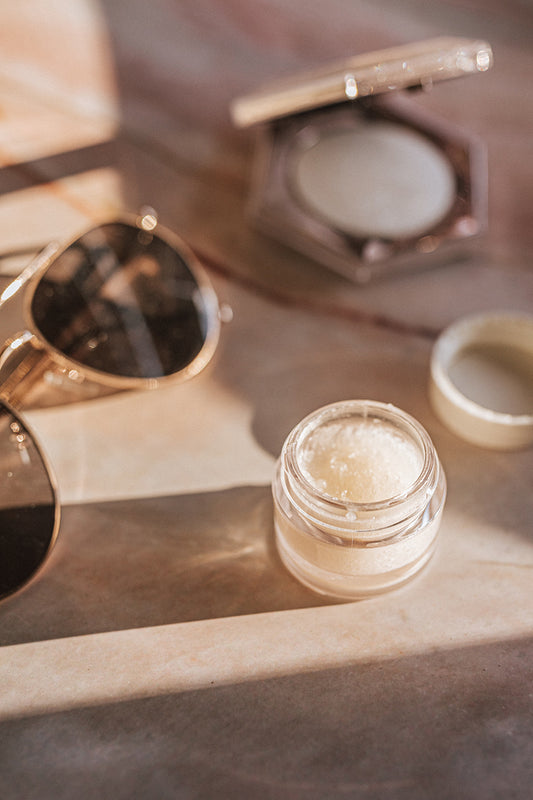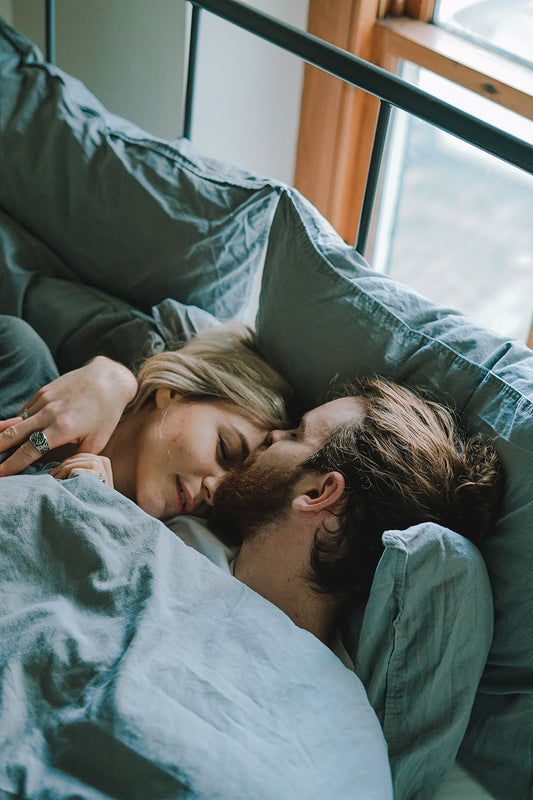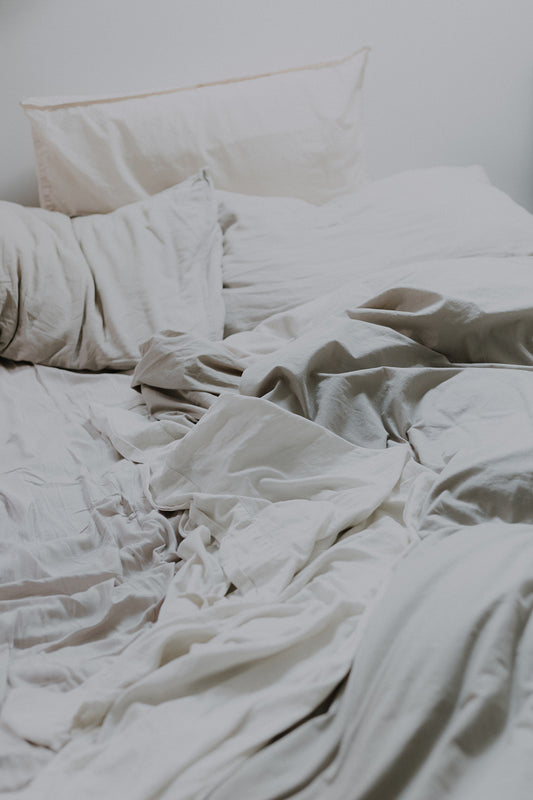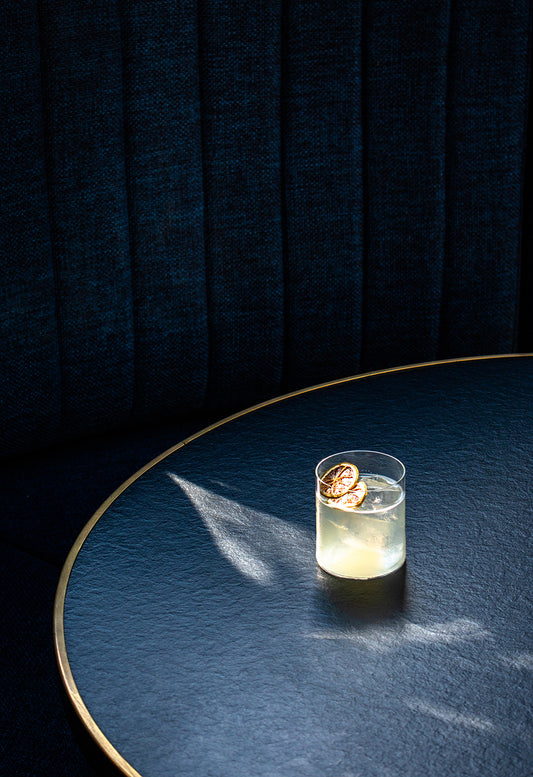Alcohol sales increase during the holidays, showing that many people who drink will have increased their alcohol intake through December and early Jan. Perhaps you gave yourself a couple of days to work through your two-day hangover before heading back to work, then to be conflicted with a feeling of relief to restart a routine, and anxiety over facing the ‘back to work blues’.
The question is, are you suffering from the back-to-work blues? Or could you be experiencing alcohol withdrawal?
Let’s dive in.
What is alcohol withdrawal?
Alcohol withdrawal refers to the range of symptoms that can occur when someone who is dependent on alcohol suddenly stops drinking. While it is most common in heavy drinkers or those with alcoholism, it can also occur in people who have been regularly consuming large amounts of alcohol for an extended period of time but do not meet the criteria for alcohol dependence.
Whilst relaxing your boundaries with booze over Christmas may feel like a lot of fun, there may be a few longer-term effects that outlast your usual hangover.

What are the symptoms of alcohol withdrawal?
Some of the more intense symptoms, usually experienced by those with more serious alcohol dependency include tremors, sweating, headaches, insomnia, nausea and vomiting, agitation and irritability, seizures, and hallucinations. These require medical attention.
At the same time, it is possible for people who are not dependent on alcohol to experience a range of alcohol withdrawal symptoms, including:
- Tremors: Also known as "the shakes," tremors are one of the most common symptoms of alcohol withdrawal. They typically start within a few hours after the last drink and can be mild to severe.
- Sweating: Excessive sweating is another common symptom of alcohol withdrawal. It can occur along with tremors or on its own.
- Headaches: Alcohol withdrawal can cause headaches that range from mild to severe. These headaches can be accompanied by other symptoms such as dizziness and lightheadedness.
- Insomnia: Difficulty sleeping is a common symptom of alcohol withdrawal. It can be caused by tremors, sweating, and other symptoms, as well as an overall feeling of restlessness and anxiety.
- Nausea and vomiting: It is common for people experiencing alcohol withdrawal to feel nauseous and vomit. This can be caused by tremors, sweating, and other symptoms, as well as a general feeling of discomfort and unease.
- Agitation and irritability: Alcohol withdrawal can cause feelings of agitation and irritability, as well as restlessness and anxiety.
- Seizures: Seizures are serious symptoms of alcohol withdrawal that can occur within the first 48 hours after the last drink. They can range from mild to severe and can be life-threatening if not properly treated.
- Hallucinations: Hallucinations, both auditory and visual, can occur during alcohol withdrawal. They can be frightening and disorienting and can last for a few hours or several days.
Alcohol withdrawal or ‘back to work blues’?
Some of the milder symptoms such as anxiety, difficulty sleeping, and irritability can are often in line with the feeling of dread you get before heading back to work for the first few days.
You’ve had a chance to switch off, break routine and perhaps even relax - you should be feeling ready to get back but you’re lying awake at night with anxieties running through your head. That shaky, nervous feeling may not be back-to-work blues at all.
What can you do to reduce your anxiety after binge drinking?
If you're feeling anxious after your hangover, here are some tips to help improve your symptoms:
- Drink plenty of fluids: Alcohol is a diuretic, which means it increases urine production and can lead to dehydration. Dehydration can exacerbate feelings of anxiety, so it's important to drink plenty of water and electrolyte-rich beverages to stay hydrated.
- Get some rest: Hangovers can be tiring, and fatigue can contribute to feelings of anxiety. Try to get some rest and allow yourself to sleep off some of the effects of alcohol.
- Eat something: Alcohol can disrupt your blood sugar levels, which can contribute to feelings of anxiety. Eating something can help stabilize your blood sugar levels and may improve your symptoms.
- Take a shower: A hot shower can help relax your muscles and improve your mood, which may help reduce feelings of anxiety.
- Try some relaxation techniques: Deep breathing, meditation, or even just taking some time to sit quietly and focus on your breath can help reduce anxiety.
- Avoid caffeine: Caffeine is a stimulant that can make feelings of anxiety worse. If you're feeling anxious while hungover, it's best to avoid caffeine until your symptoms improve.
- Speak with a healthcare professional: If your anxiety is severe or if you find that you consistently feel anxious after drinking, it may be helpful to speak with a healthcare professional. They can help you determine the cause of your anxiety and provide you with appropriate treatment.







